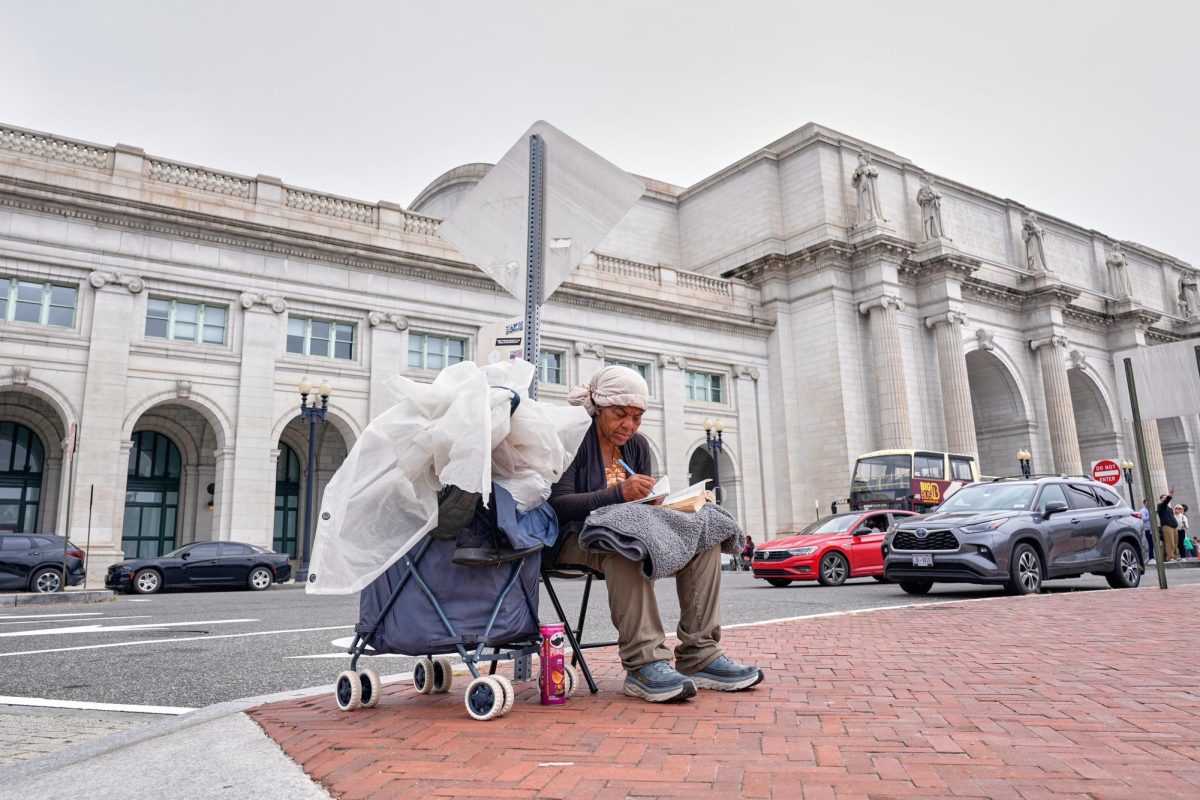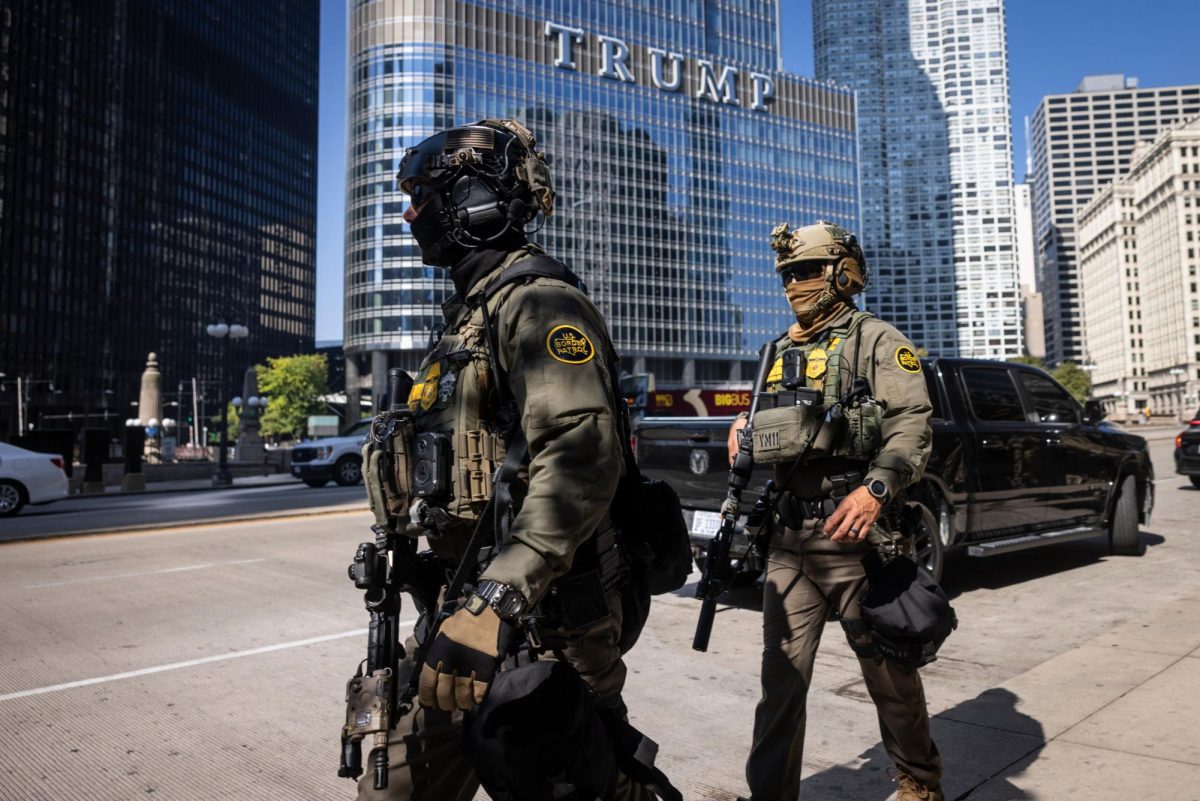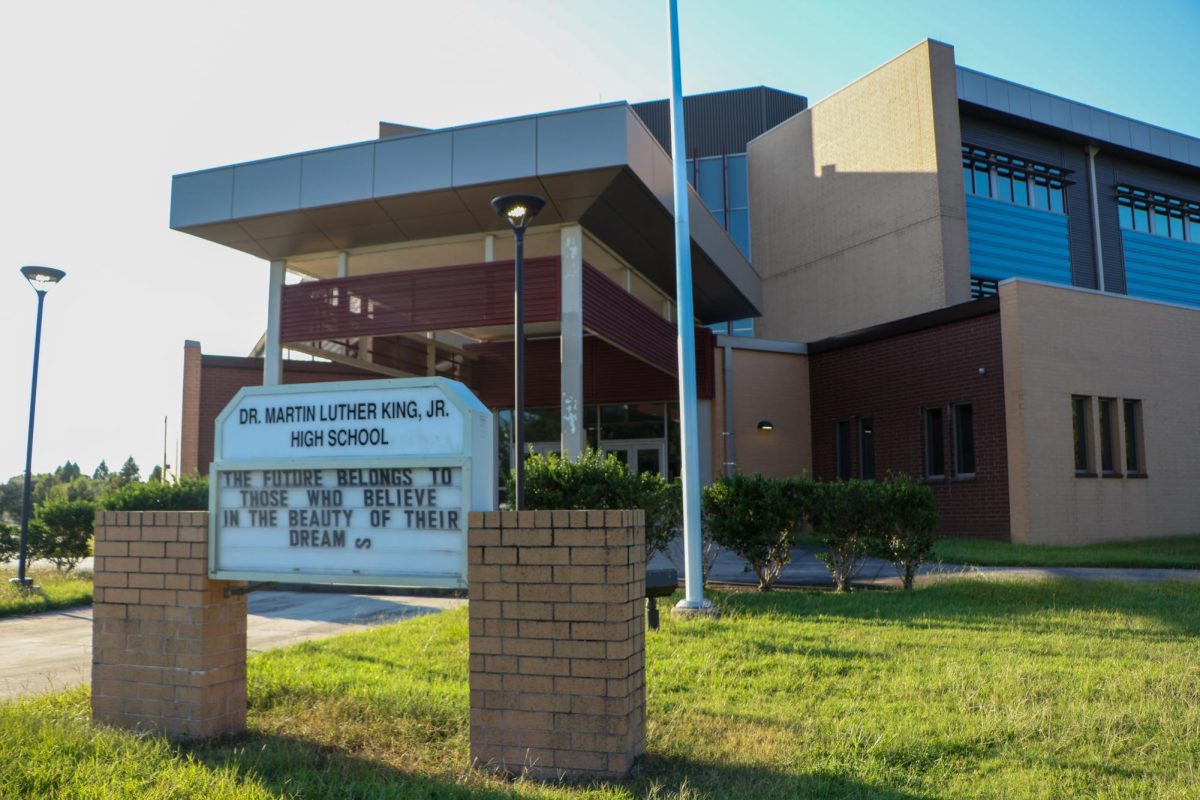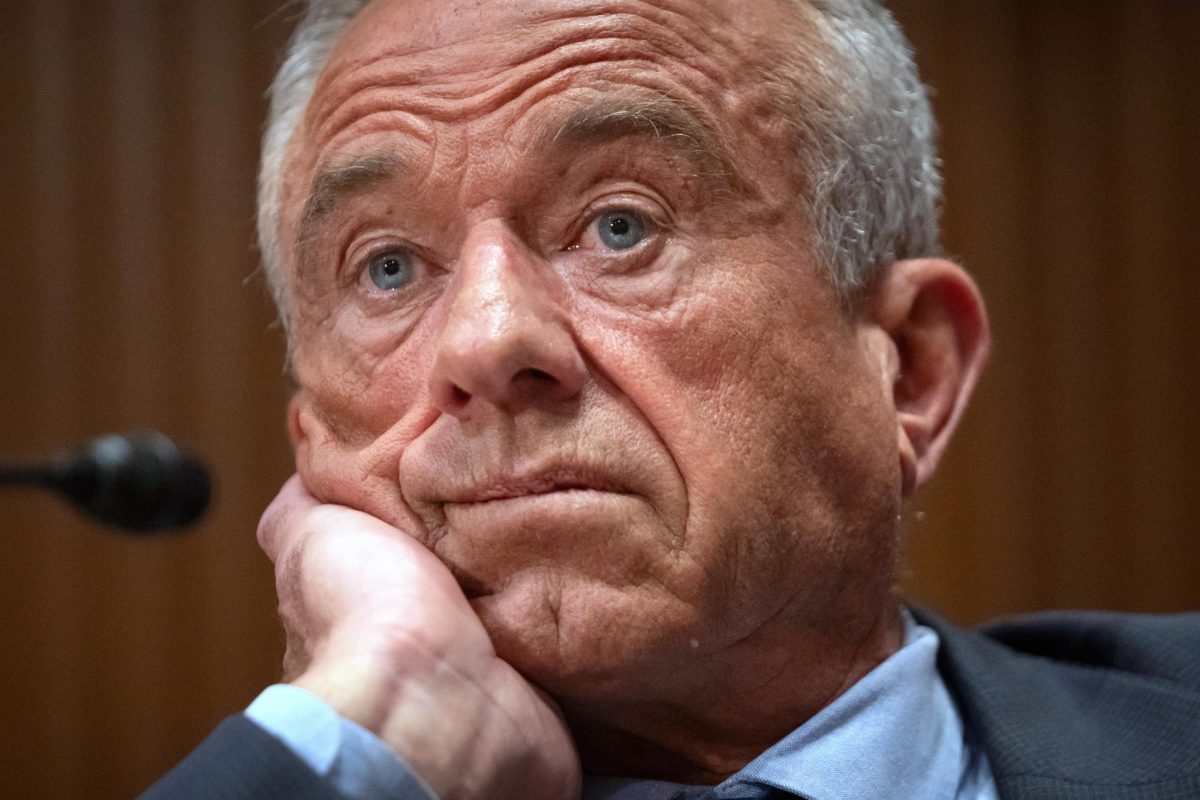For the past year, environmental protest has sparked controversy across Europe.
A recent crackdown on environmental protest in the UK has led to a five year prison sentence for protest organizer Roger Hallam who works for Stop Oil, an organization best known for its direct action and public-eye drawing tactics.
From throwing tomato soup on Vincent Van Gogh’s Sunflowers and gluing themselves to the frame of John Constable’s “The Hay Wain” Stop Oil has gained attention across the globe. Though, recent arrests have sparked a debate over freedom of assembly and freedom of speech.
These protests come at a time of extreme fear surrounding Earth’s climate crisis.
Plant ecologist and Loyola professor Paul Barnes said what we’re seeing play out right now can get worse, with the amount of human emissions contributing to the warming of the planet.
He said the more we can limit warming the better, but there’s no indication that lowering carbon emissions to zero will be happening any time soon.
Barnes acknowledged that it is extremely frustrating when the public sees predictions about where we’re going on the one hand and on the other hand there’s no indication that any action is actually happening. Though, he said, that is not entirely true with some actions being taken to repair damages to the planet such as positive trends in renewable energy use.
These actions, though, are not happening fast enough.
It seems that in the current political climate this is all that can be done.
A recent story from MSN stresses the importance of depolarizing climate change, an issue that has become increasingly more politicized and dividing, as seen in the government actions against protestors in the UK.
“As a scientist I get frustrated too” said Barnes
On the topic of environmental protests Barnes said that protests have been going on for 60 years and the message has not changed.
Barnes said those unaware of climate change are living under a rock. Barnes acknowledged that activism plays an important role in reversing climate change. What he wants to see is more climate action groups.
People will not change their behavior and consumption powers for something that will happen in the future Barnes says.
The best ways to take action are somewhere you may not even talk about climate change directly. Tackling the problem as an economic issue like saving money on electricity or a social issue like city planning can help reverse the effects of climate change in ways that are tied to present-day problems.
Connecting the problem to present is the way to keep people involved.
Loyola professor of Environmental Communications and Director of the Loyola Center for Environmental Communication Bob Thomas sees the climate change issue as a matter of science and public policy.
He says no country should try to limit peaceful demonstrations, and he hopes America won’t follow this European trend.
Both he and Dr Barnes stress the importance of voting and voter education in making sure that those elected work on environmental policy instead of arresting environmental protestors.







